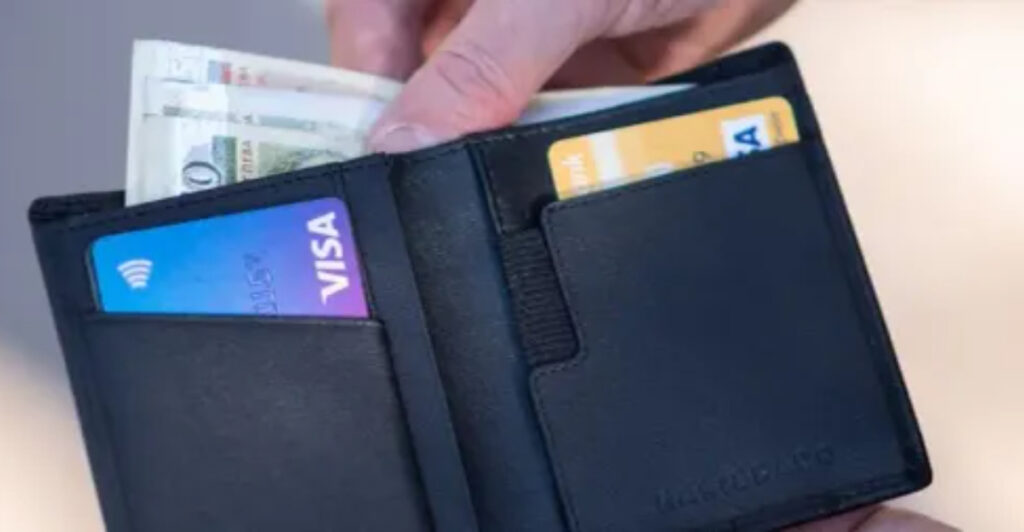Nothing ruins a vacation faster than being stuck at the airport because you forgot an important document. Smart travelers know that proper preparation means having all the right paperwork ready before you leave. Whether you’re heading across the country or around the world, certain documents are absolutely essential for a smooth journey.
1. Valid Passport with Proper Expiration
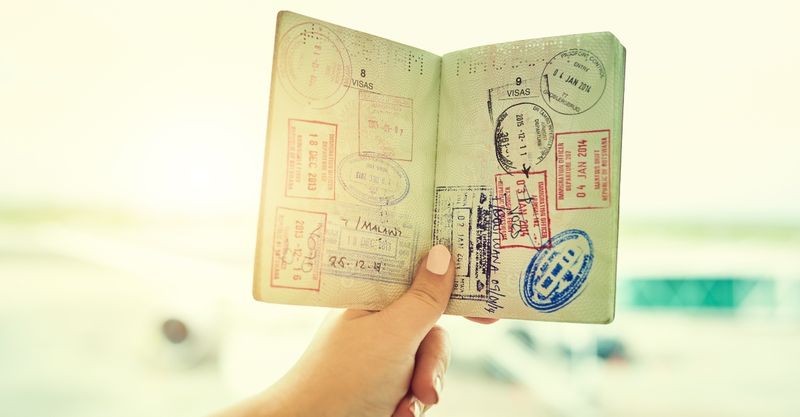
Your passport serves as your golden ticket to international adventures, but timing matters more than you might think. Many countries won’t let you enter unless your passport stays valid for at least six months after your planned departure date.
Smart travelers also check for blank pages before leaving home. Immigration officers need space to stamp your entry and exit, and running out of pages can cause serious delays.
Keep your passport in a secure travel wallet and make digital copies stored in your phone. This simple backup plan can save hours of headaches if your passport gets lost or stolen during your trip.
2. Government-Issued Photo Identification
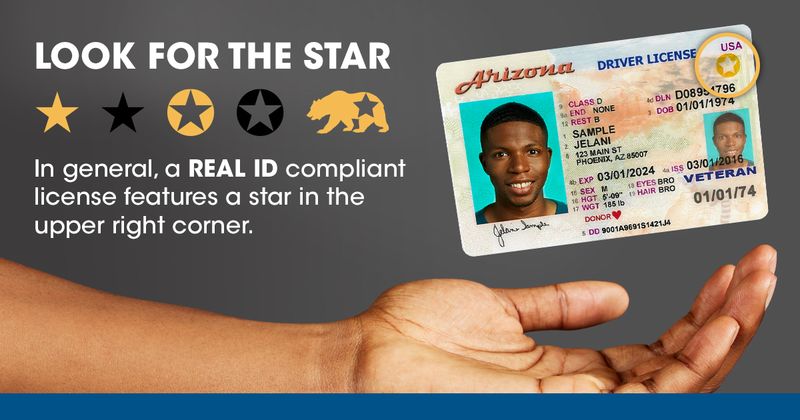
Even domestic trips require solid proof of who you are, and your driver’s license or state ID card fills this crucial role perfectly. Airport security, hotel front desks, and car rental counters all demand to see official identification.
Choose an ID that’s current and undamaged, as cracked or faded photos can cause problems with strict security personnel. Some travelers carry both their driver’s license and a backup state ID for extra protection.
Store your ID in an easily accessible pocket or travel wallet section. You’ll need to show it multiple times throughout your journey, so keeping it handy saves time and reduces stress during busy travel moments.
3. Required Entry Visas and Permits
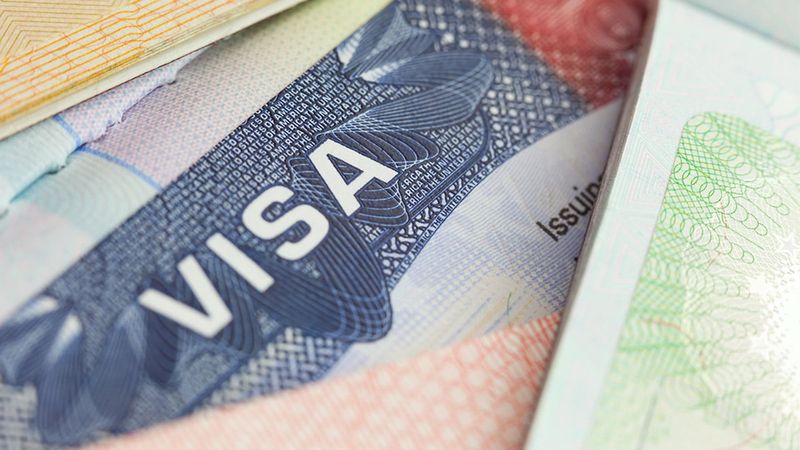
Visa requirements can make or break your international travel plans, and each country sets its own unique rules for visitors. Some nations offer visas upon arrival, while others require advance applications that take weeks to process.
Research your destination’s specific requirements at least two months before departure. Tourist visas, business permits, and transit visas all serve different purposes and have varying validity periods.
Keep visa documents in protective sleeves to prevent damage from moisture or rough handling. Immigration officers need to see clear, readable permits, and damaged visas can result in denied entry despite your careful planning efforts.
4. Transportation Tickets and Confirmations
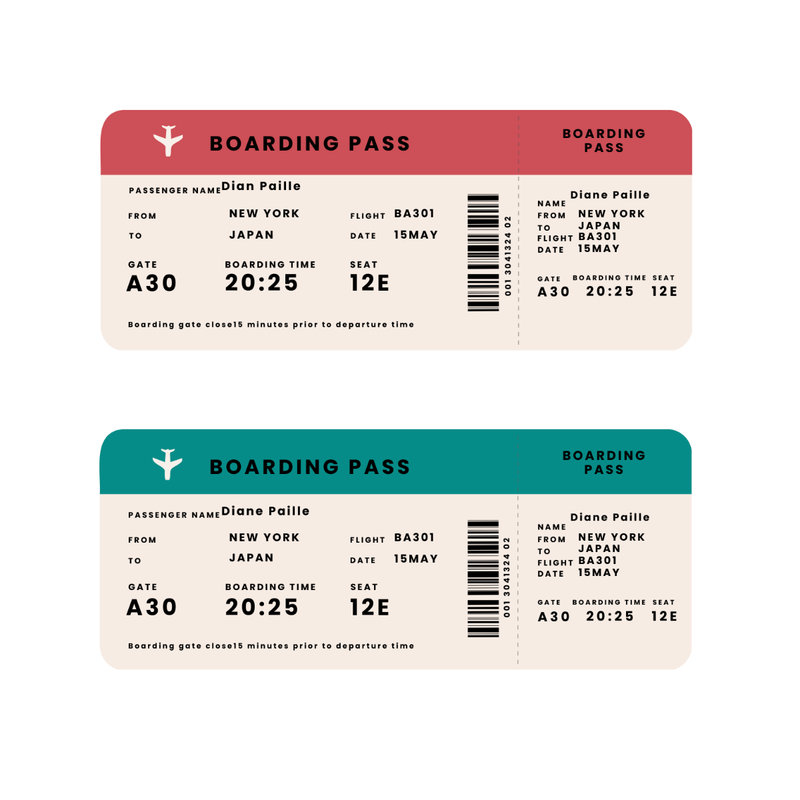
Digital tickets live on your phone, but technology fails at the worst possible moments, leaving stranded travelers scrambling for alternatives. Printed backup copies of flight, train, or bus tickets provide essential insurance against dead batteries and network outages.
Confirmation numbers prove your legitimate travel plans to immigration officers and hotel staff who need verification. Keep these numbers written separately from your tickets for double protection.
Organize transportation documents in chronological order within a dedicated folder or travel wallet section. Quick access to the right ticket eliminates stressful searching through multiple papers while dealing with busy terminals and impatient staff members.
5. Hotel and Accommodation Reservations
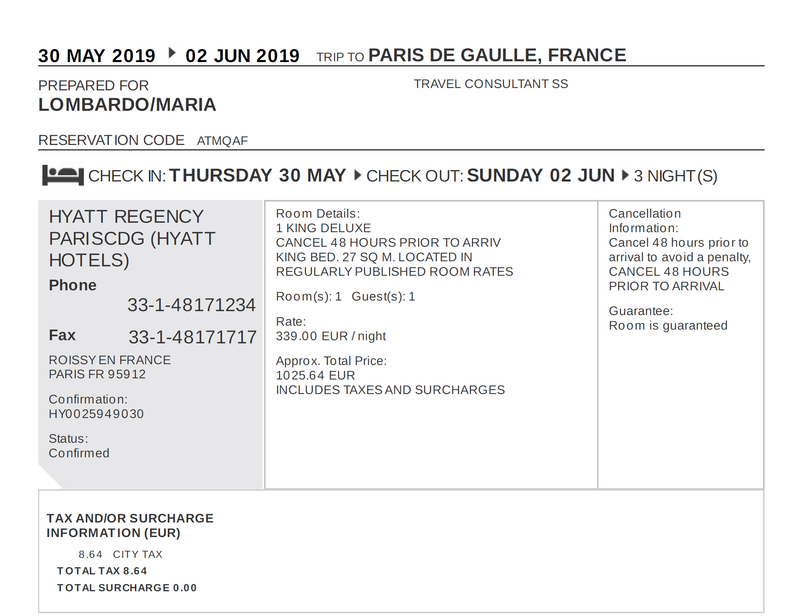
Accommodation confirmations serve as your proof of legitimate travel plans and help immigration officers understand your intended stay duration. Hotels, vacation rentals, and hostels all require booking verification upon arrival.
Print confirmation emails or save screenshots to your phone’s photo gallery for offline access. Include important details like check-in times, cancellation policies, and property contact information for reference.
Emergency situations sometimes require alternative accommodations, so having backup hotel options researched and saved can prevent late-night scrambling. Keep a list of nearby properties with phone numbers as your safety net for unexpected changes or cancellations during travel.
6. Comprehensive Travel Insurance Policy
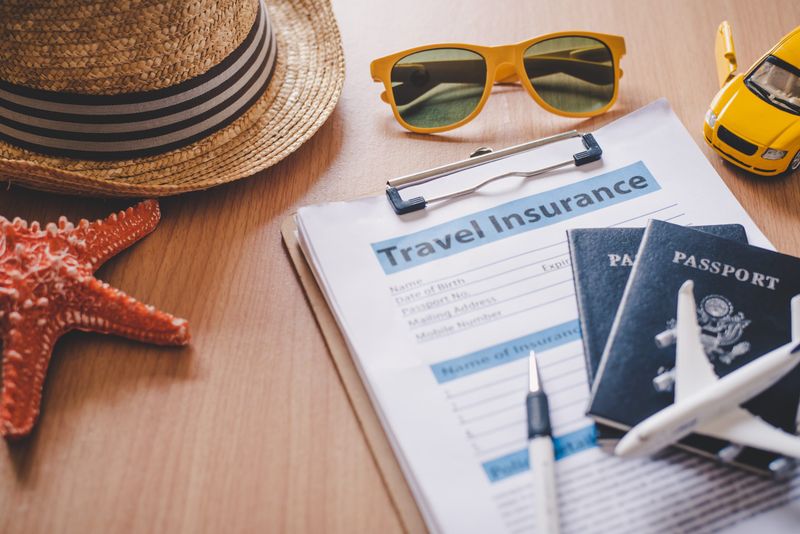
Medical emergencies abroad can cost thousands of dollars, but comprehensive travel insurance transforms potentially bankrupting situations into manageable inconveniences. Coverage typically includes medical treatment, emergency evacuation, and trip cancellation protection.
Policy documents should include emergency contact numbers for 24-hour assistance hotlines. These services help locate medical facilities, arrange payments, and coordinate with your regular healthcare providers back home.
Keep both digital and printed copies of your insurance card and policy details. Store one copy separately from your other documents, and email copies to trusted family members who can assist during emergencies when you’re unable to access information.
7. Health Documentation and Vaccination Records
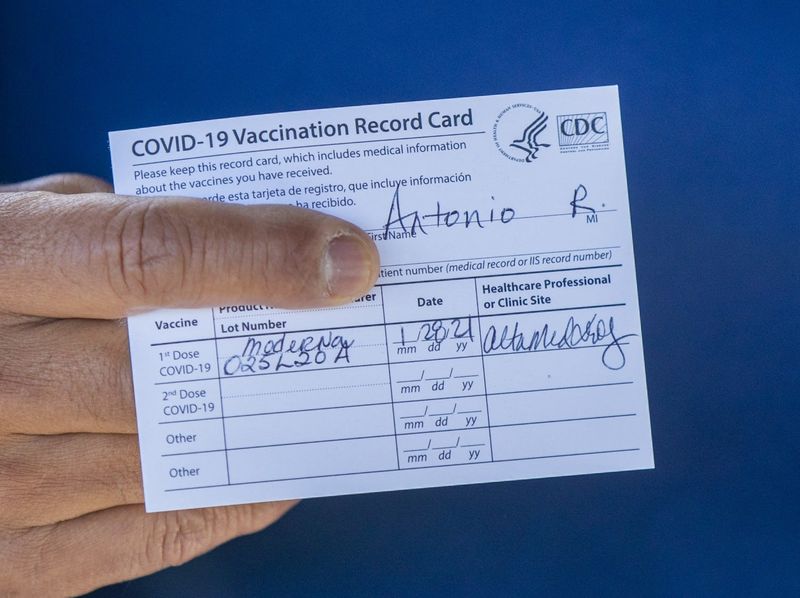
Certain destinations require specific vaccinations before entry, and yellow fever certificates remain mandatory for travel to many tropical regions. COVID-19 documentation may still be required depending on your destination and current health regulations.
Prescription medications need accompanying doctor’s notes explaining medical necessity, especially for controlled substances that might raise questions at customs checkpoints. Keep medications in original pharmacy bottles with clear labeling.
Digital vaccination apps provide convenient access to immunization records, but paper backups ensure access when technology fails. Store health documents in waterproof sleeves to protect against damage from weather or accidental spills during travel.
8. Emergency Contact Information List
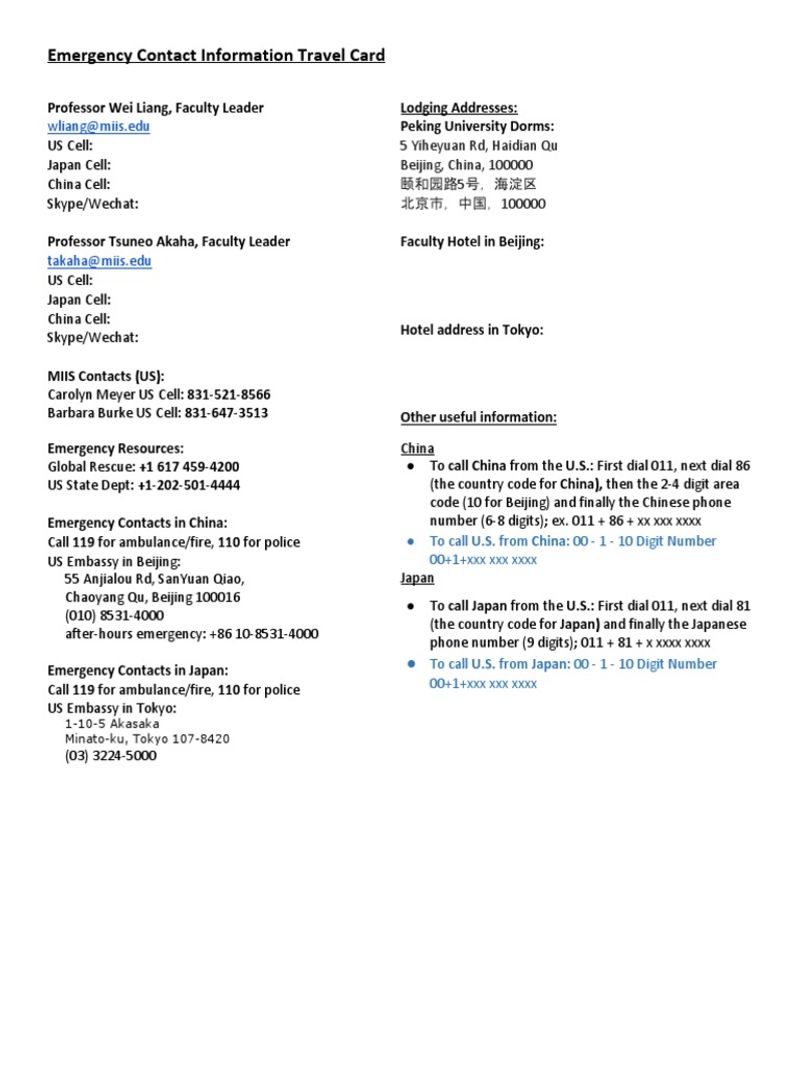
Phone batteries die at the worst possible moments, leaving travelers without access to crucial contact information stored in their devices. A written list of emergency numbers provides reliable backup when technology fails you most.
Include your country’s embassy or consulate contact information for the destinations you’re visiting. These offices provide crucial assistance during passport loss, legal troubles, or natural disasters affecting travelers.
Family emergency contacts should include multiple phone numbers and alternate communication methods like email addresses. Add your travel insurance company’s emergency hotline and your bank’s international customer service numbers for comprehensive coverage of potential travel emergencies and financial issues.
9. Document Copies and Digital Backups
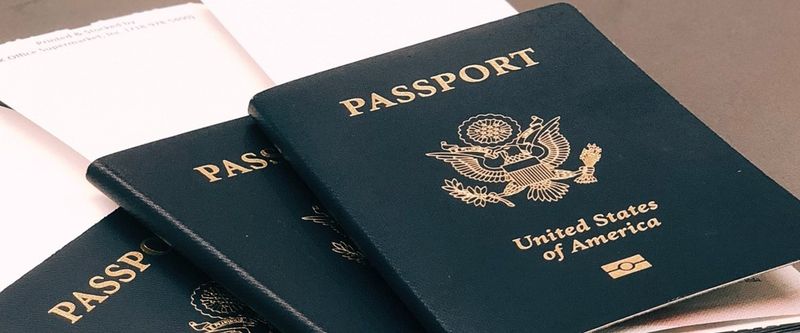
Lost or stolen documents can strand travelers in foreign countries for weeks while waiting for replacements, but proper backups dramatically speed up the replacement process. Photocopies of your passport, visa, and insurance documents provide essential reference information.
Cloud storage services offer secure digital backup options accessible from any internet-connected device. Upload clear photos of all important documents to services like Google Drive or Dropbox before departure.
Store physical copies separately from original documents, preferably in different bags or with traveling companions. Email copies to trusted family members who can assist with document replacement procedures if you lose access to your own backup systems.
10. Credit Card Details and Banking Information

Stolen or lost credit cards can leave travelers stranded without access to funds, but having issuer contact numbers enables quick card replacement and emergency cash advances. Write down customer service numbers for all cards you’re carrying.
Notify banks about your travel plans before departure to prevent fraud alerts from blocking legitimate transactions abroad. Include specific dates and destination countries in your travel notifications for smooth card usage.
Carry backup payment methods like a second credit card or prepaid travel card stored separately from your primary wallet. Emergency cash in local currency provides immediate purchasing power while waiting for replacement cards to arrive at your destination.

